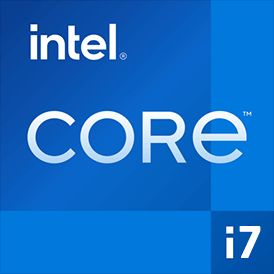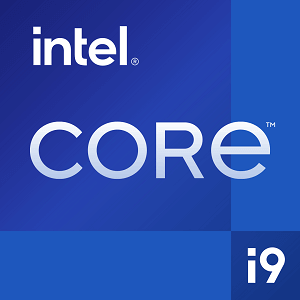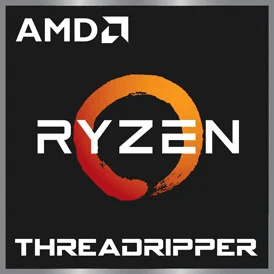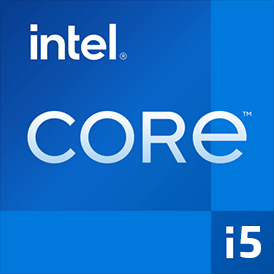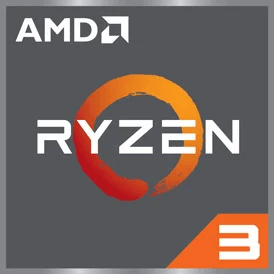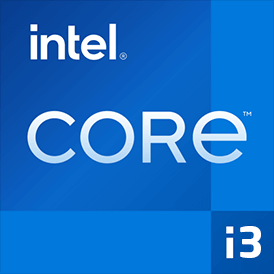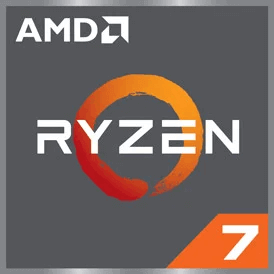Intel Core i7 9700KF vs Intel Core i9 13900KS
We compared two desktop CPUs: Intel Core i7 9700KF with 8 cores 3.6GHz and Intel Core i9 13900KS with 24 cores 3.2GHz . You will find out which processor performs better in benchmark tests, key specifications, power consumption and more.
Main Differences
Intel Core i7 9700KF 's Advantages
Higher base frequency (3.6GHz vs 3.2GHz)
Lower TDP (95W vs 150W)
Intel Core i9 13900KS 's Advantages
Released 4 years late
Integrated graphics card
Higher specification of memory (5600 vs 2666)
Larger memory bandwidth (89.6GB/s vs 41.6GB/s)
Newer PCIe version (5.0 vs 3.0)
Larger L3 cache size (36MB vs 12MB)
More modern manufacturing process (10nm vs 14nm)
Score
Benchmark
Cinebench R23 Single Core
Intel Core i7 9700KF
1234
Intel Core i9 13900KS
+87%
2317
Cinebench R23 Multi Core
Intel Core i7 9700KF
9090
Intel Core i9 13900KS
+349%
40837
Geekbench 6 Single Core
Intel Core i7 9700KF
1704
Intel Core i9 13900KS
+93%
3294
Geekbench 6 Multi Core
Intel Core i7 9700KF
7751
Intel Core i9 13900KS
+194%
22794
Blender
Intel Core i7 9700KF
100
Intel Core i9 13900KS
+459%
559
Geekbench 5 Single Core
Intel Core i7 9700KF
1272
Intel Core i9 13900KS
+76%
2242
Geekbench 5 Multi Core
Intel Core i7 9700KF
7462
Intel Core i9 13900KS
+255%
26528
Passmark CPU Single Core
Intel Core i7 9700KF
2877
Intel Core i9 13900KS
+65%
4759
Passmark CPU Multi Core
Intel Core i7 9700KF
14360
Intel Core i9 13900KS
+330%
61817
General Parameters
Jan 2019
Release Date
Jan 2023
Intel
Manufacturer
Intel
Desktop
Type
Desktop
x86-64
Instruction Set
x86-64
Coffee Lake
Core Architecture
Raptor Lake
i7-9700KF
Processor Number
i9-13900KS
LGA-1151
Socket
LGA-1700
N/A
Integrated Graphics
UHD Graphics 770
Package
14 nm
Manufacturing Process
10 nm
95 W
Power Consumption
150 W
-
Max Turbo Power Consumption
253 W
100 °C
Peak Operating Temperature
100°C
CPU Performance
8
Performance Cores
8
8
Performance Core Threads
16
3.6 GHz
Performance Core Base Frequency
3.2 GHz
4.9 GHz
Performance Core Turbo Frequency
6 GHz
-
Efficiency Cores
16
-
Efficiency Core Threads
16
-
Efficiency Core Base Frequency
2.4 GHz
-
Efficiency Core Turbo Frequency
4.3 GHz
8
Total Core Count
24
8
Total Thread Count
32
100 MHz
Bus Frequency
100 MHz
36x
Multiplier
32x
64 K per core
L1 Cache
80 K per core
256 K per core
L2 Cache
32 MB shared
12 MB shared
L3 Cache
36 MB shared
Yes
Unlocked Multiplier
Yes
Memory Parameters
DDR4-2666
Memory Types
DDR5-5600, DDR4-3200
128 GB
Max Memory Size
192 GB
2
Max Memory Channels
2
41.6 GB/s
Max Memory Bandwidth
89.6 GB/s
No
ECC Memory Support
Yes
Graphics Card Parameters
-
Integrated Graphics
true
-
GPU Base Frequency
300 MHz
-
GPU Max Dynamic Frequency
1650 MHz
-
Shader Units
256
-
Texture Units
16
-
Raster Operation Units
8
-
Execution Units
32
-
Power Consumption
15 W
-
Graphics Performance
0.78 TFLOPS
Miscellaneous
3.0
PCIe Version
5.0
16
PCIe Lanes
20
SSE4.1, SSE4.2, AVX-2
Extended Instruction Set
-
